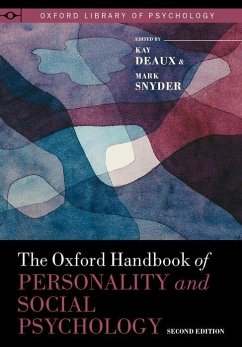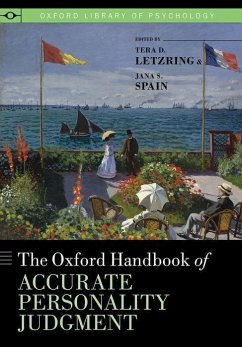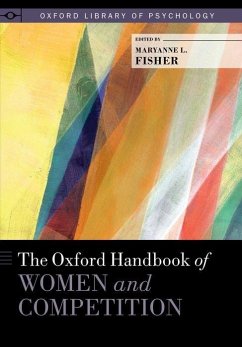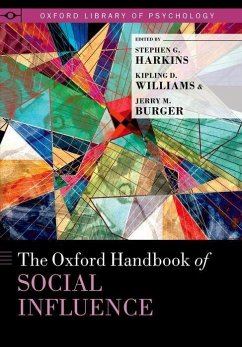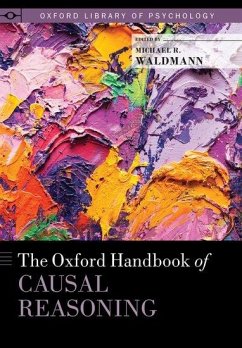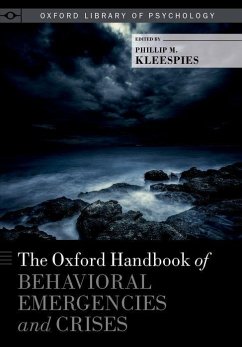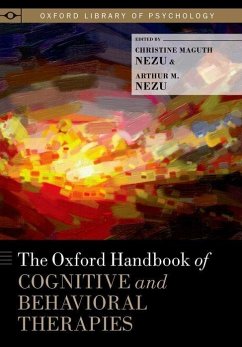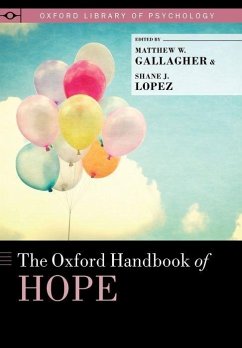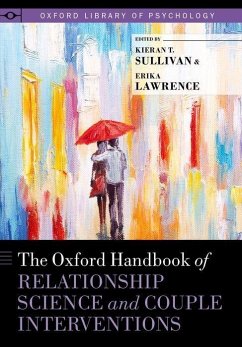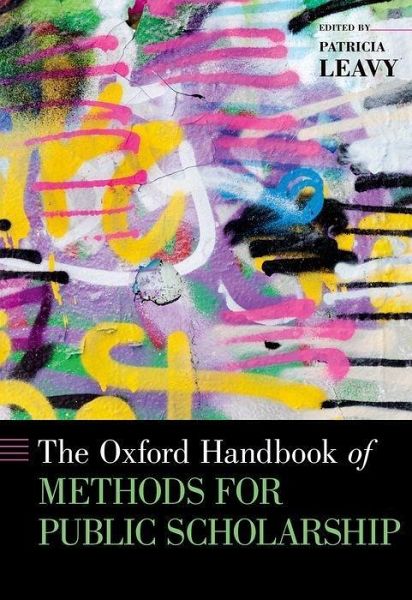
Oxford Handbook of Methods for Public Scholarship
Versandkostenfrei!
Versandfertig in 1-2 Wochen
215,99 €
inkl. MwSt.
Weitere Ausgaben:

PAYBACK Punkte
108 °P sammeln!
The Oxford Handbook of Methods for Public Scholarship presents the first comprehensive overview of research methods and practices for engaging in public scholarship. Public scholarship, which has been on the rise over the past 25 years, produces knowledge that is available outside of the academy, is useful to relevant stakeholders, and addresses publicly identified needs. By involving stakeholders in the entire process, and making the findings accessible, public scholars contribute to a crucial democratization of research. The Oxford Handbook of Methods for Public Scholarship features a wealth...
The Oxford Handbook of Methods for Public Scholarship presents the first comprehensive overview of research methods and practices for engaging in public scholarship. Public scholarship, which has been on the rise over the past 25 years, produces knowledge that is available outside of the academy, is useful to relevant stakeholders, and addresses publicly identified needs. By involving stakeholders in the entire process, and making the findings accessible, public scholars contribute to a crucial democratization of research. The Oxford Handbook of Methods for Public Scholarship features a wealth of highly respected interdisciplinary contributors, as well as emerging scholars, and chapters include robust examples from real world research in varied fields and cultures. The volume features ample discussion of working with non-academic stakeholders, coverage of traditional and emergent methods including those that draw from the arts, the internet, social media, and digital technologies, and coverage of key issues such as writing, publicity, and funding.




